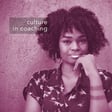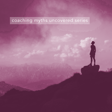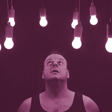
Coaching Leaders in the Middle East
In this episode of PRIME SPACE, host Elias Scultori, MCC, welcomes Rory Courlander, ACC—an Irish-born coach and international educator now serving as Director of Instructional Coaching at GEMS Education in Dubai. Together, they explore the unique dynamics of coaching in Arabic and Muslim contexts, where culture, education, and coaching intersect in powerful ways.
Rory shares his journey from Ireland to Thailand and ultimately to Dubai, offering personal stories and professional insights that illuminate how culture shapes coaching conversations. From experiencing a full Ramadan fast alongside a colleague to discovering the Arabic word “Ershad” (meaning guidance), Rory shows how genuine cultural immersion, language adaptation, and trust-building are essential in creating meaningful coaching partnerships.
Listeners will also gain practical strategies for navigating hierarchical structures, fostering reflective practices, and flexing coaching approaches to align with cultural values while maintaining authenticity. At its core, this episode highlights how coaching, when rooted in respect and cultural sensitivity, transcends boundaries to create an authentic human-to-human connection.
Perfect for coaches working with diverse populations, international educators, and anyone interested in cross-cultural communication, this conversation offers both inspiration and practical wisdom for building trust and impact across cultural lines.



















